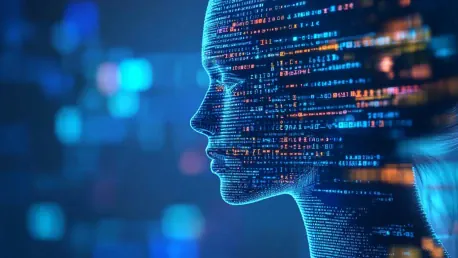In February, OpenAI co-founder Andrej Karpathy introduced a novel approach to programming called “vibe coding,” wherein AI tools are used to generate code instead of manually writing it. This groundbreaking method entails developers employing AI assistants to create and debug code, shifting their roles to overseeing AI outputs. Karpathy himself described vibe coding as “seeing things, saying things, running things, and copy-pasting things.” Although this approach has been met with enthusiasm, it has also sparked debates on its implications for code quality and ethical considerations in the tech industry.
Principles and Popularity of Vibe Coding
Karpathy’s introduction of vibe coding quickly gained traction, particularly among tech enthusiasts and meme creators, who found the concept both intriguing and humorous. AI tools are now employed to handle tasks that traditionally required manual coding, promising enhanced efficiency and a faster development process. However, the success of these AI-generated solutions often hinges on the ability of developers to accurately prompt and guide the AI. As a result, the role of a developer is transforming, with greater emphasis being placed on understanding and supervising these AI-generated outputs.
Nonetheless, this innovative approach has its downsides. Reports indicate that a significant portion of projects, such as over 25% of the Winter Y Combinator batch, are heavily reliant on AI-generated code. This reliance has given rise to concerns over poorly organized and difficult-to-debug code. The ease with which code can be generated contrasts sharply with the challenges of fixing the resulting AI-generated bugs, a process now dubbed “vibe debugging.” Consequently, there’s growing apprehension about the competence of developers who may not fully understand the intricacies of their projects.
Ethical and Professional Concerns
As vibe coding becomes more prevalent, ethical and professional concerns are surfacing. Educators and industry experts are apprehensive about the potential erosion of developers’ foundational skills. The reliance on AI for coding and debugging could lead to a generation of programmers with limited understanding of how the underlying systems work. This lack of deep knowledge might hinder their ability to address complex issues, compromising both the quality and security of software solutions.
Moreover, the rapid adoption of vibe coding has sparked debates over the fairness and transparency of AI-driven development. Critics argue that relying heavily on AI could lead to biases in code and decision-making processes, as these tools are only as neutral as the data they’re trained on. Ethical concerns also extend to the ownership and accountability of AI-generated code, with questions about who is responsible when things go wrong. These issues raise important questions about the balance between technological innovation and the maintenance of professional standards in the field of software development.
Navigating the Future of Vibe Coding
Advocates believe vibe coding could revolutionize software development by increasing productivity and reducing human error. Critics, however, are concerned about the potential loss of coding skills among developers and the ethical issues that might arise from over-reliance on AI. Despite the mixed reactions, vibe coding represents a major shift in how programming might evolve in the future.









